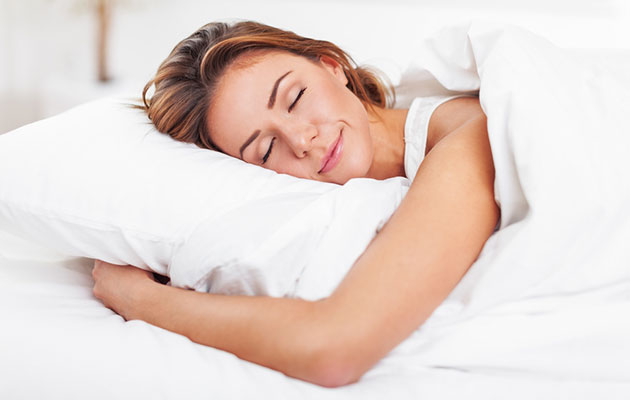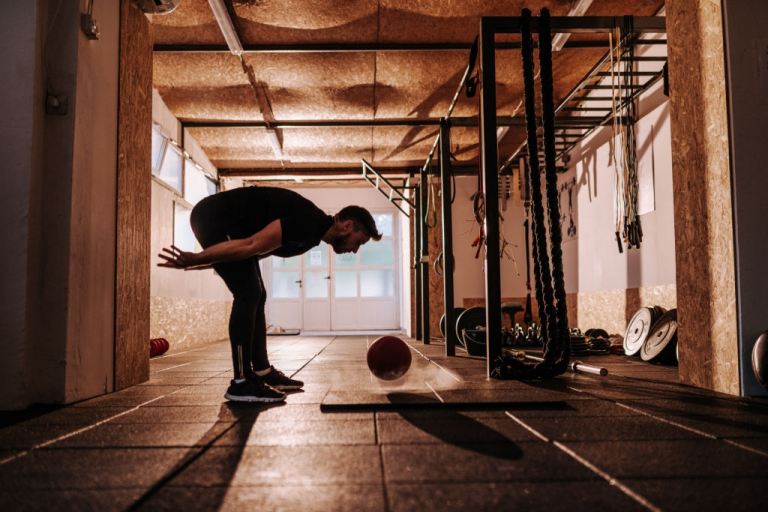Bedtime Routine Tips to Ensure Quality Sleep
Quality sleep is the cornerstone for good health and a happier mindset. Despite this, people are consistently deprived of quality sleep and are noticeably tired during the day. When was the last time you woke feeling energized, aware, and ready to face the day? Or did you fall asleep quickly and without effort?
According to studies, over a third of people drag themselves out of bed in the morning because they didn’t get enough good-quality sleep the night before, so they won’t be as productive as they would like during the day.
To be mentally alert and successful at whatever you do during the day, you must have 8 hours of quality sleep every night. You must get enough sleep at night to feel your best throughout the day. Unfortunately, you can’t wave a magic wand to make it happen. However, here are some basic things you may do to improve your sleep.

Bedtime Routine Tips to Ensure Quality Sleep
Set Your Bedroom Up as the Perfect Sleep Haven:
Your bedroom should feel like a stress-free haven for sleep. The first step in establishing a stress-free refuge in your bedroom is to get rid of all unnecessary clutter and keep your bedroom space as uncluttered as possible. A messy environment may lead to a cluttered mind, which will affect your sleep. Make sure you have enough storage, so your clothing is not stacked up on that odd chair in the corner of the room.
After clearing the clutter, ensure the room is clean and fresh. Ensure all your beddings are changed frequently. There’s nothing better than lying on clean, fresh sheets. Remember also to have heavy curtains to keep the light out. Once you get down to sleep, the room should be dark and peaceful.
Set the thermostat at between 60 and 71 degrees Fahrenheit. Turn off any loud electrical devices. Use an aromatherapy diffuser to enjoy your favorite calming essential oils.
Now comes the essential part of your night routine: getting into bed. Make this the final thing you do, and as your head hits the pillow, do nothing else except attempt to sleep. The aim is for your mind to recognize your bed as a place of rest.
Go to Sleep at the Same Time Every Night:
Maintaining a steady sleep pattern every night can be difficult, particularly on weekends when people tend to stay up late. Establishing consistent times to sleep and wake up each night is a crucial first step in developing an efficient bedtime routine.
People sleep in when they can, stay up late on holidays and weekends (and weekdays if they can), and frequently choose quantity above regularity. Staying up late and not getting enough sleep affects you. Coming to bed at the same time every night has some significant advantages, ranging from better sleep to improved cognitive function.
Wearing the Right Sleepwear to Bed:
It’s especially crucial to take time in the evening to decompress and unwind after a long day. This does not imply converting your house into a silent retreat. A few minor adjustments can alert your senses and calm your racing thoughts, smoothing the shift from day to night.
Once it’s almost time to sleep after you’ve taken a bath and done your skincare routine, slip into some silk pajama sets to set your mind and body into the mood that it’s time to sleep.
You will not wake up overheated, sweaty, or irritated when you wear silk pajamas. They are breathable and move with you. Not to add that smooth silk is never irritating to the skin. Silk is naturally calming and might help you fall asleep more quickly and pleasantly.
Skip the Electronics:
Despite what most believe, watching your favorite Netflix show or browsing through social media like Instagram or Facebook will not help you relax. Computers, phones, TVs, and tablets generate a significant amount of blue light. When you use these gadgets, blue light floods your brain, fooling it into believing it is daylight. As a result, your brain inhibits melatonin synthesis and strives to keep you awake.
Don’t play mind games with your brain. Begin your nighttime ritual by saying goodnight to your technology. Avoid using electronics as much as possible in the evening. Turn on your cellphone’s red-light filter well before your night ritual begins so that it won’t be as distracting if you glance at it accidentally.
Try Meditation:
Trying meditation practices, like yoga, can help enhance your sleep quality. Practicing mindfulness meditation helps you to accept and control your thoughts and emotions, allowing you to fall asleep rather than worrying or being anxious about not falling asleep.
Simply closing your eyes and focusing on your thoughts and sensations is enough to practice mindfulness meditation. Observe your thoughts but do not pass judgment on them. Other types of meditation techniques include deep breathing and imagery. Many guided meditation activities are available free on smartphone apps or YouTube.
You can also try journaling or writing a gratitude list. Practicing gratitude from time to time can have many positive benefits on your life, including lowering blood pressure, lowering risks of depression and anxiety, and creating the right conditions for better sleep. Consider keeping a gratitude journal, in which you write down a few things you’re grateful for many times every week. There is no right or wrong way to go about this.
Take a Warm Bath Before Sleep:
Throughout your day, your body goes through several hormonal changes as part of the sleep and wake cycle. Melatonin production, which starts in the evening to prepare you for sleep, is one of them. Your core body temperature falls at the same time.
Scientists discovered that mimicking the evening drop in body temperature with a warm bath can help produce a comparable drowsy response in your system. Consider taking a long warm bath an hour before going to bed. Your body will heat up from the water and soon cool down as the water evaporates, producing a weary and relaxed sensation.





